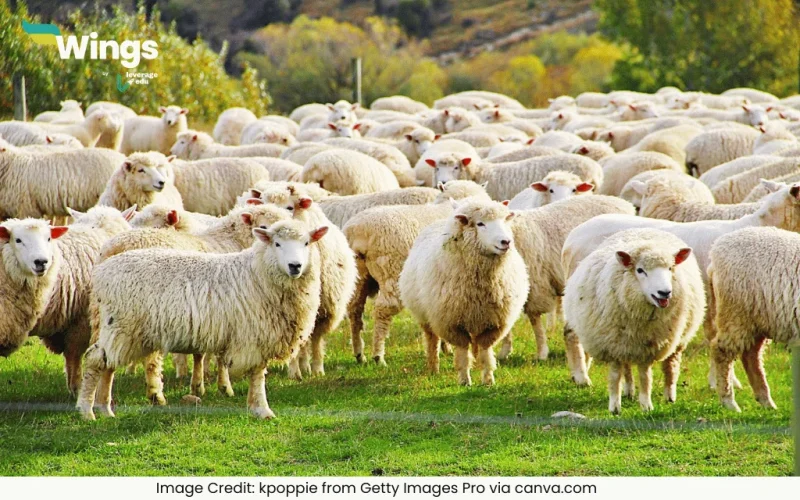The plural form of “sheep” is sheep
The English language is full of fascinating quirks, and one such example is the word “sheep.” It often sparks curiosity among language learners due to its unique plural form. Unlike most nouns, the plural of “sheep” does not follow the standard rules of adding “-s” or “-es.” So, what is the plural form of the word “sheep”? Let’s explore the details behind this linguistic exception.
Singular and Plural of “Sheep”
The word “sheep” is one of the few English nouns that remains the same in both singular and plural forms. This means:
- Singular: One sheep
- Plural: Two sheep, ten sheep, or even a hundred sheep
For example:
- Singular: The sheep is grazing in the field.
- Plural: The sheep are grazing in the fields.
The context of the sentence and the verb used (is/are) help to determine whether “sheep” is singular or plural.
Why Does “Sheep” Not Change?
The invariability of the word “sheep” is rooted in the history of the English language. English has borrowed heavily from Old English, Germanic languages, and other linguistic influences. During the Middle English period, certain animal names like “sheep,” “deer,” and “fish” were treated as uncountable nouns in everyday speech, particularly among farmers and hunters. Over time, these words retained their unchanged plural forms.
Other Words with Similar Patterns
“Sheep” is not alone in this linguistic category. Here are a few other examples of words that follow the same rule:
- Deer: The plural of “deer” is also “deer.”
- Fish: While “fish” is typically used for both singular and plural, “fishes” can be used in scientific contexts to refer to different species of fish.
- Moose: The plural of “moose” is “moose.”
So now you know the answer to what is the Plural Form of the Word “Sheep”? The plural form of “sheep” is sheep. This unique trait, shared with a handful of other nouns, makes the English language both intriguing and challenging. Understanding such exceptions not only enriches your vocabulary but also deepens your appreciation for the complexities of English grammar. The next time you encounter a flock of sheep, you’ll know that whether it’s one sheep or many, the word remains the same!
Common Doubts


 One app for all your study abroad needs
One app for all your study abroad needs











 60,000+ students trusted us with their dreams. Take the first step today!
60,000+ students trusted us with their dreams. Take the first step today!